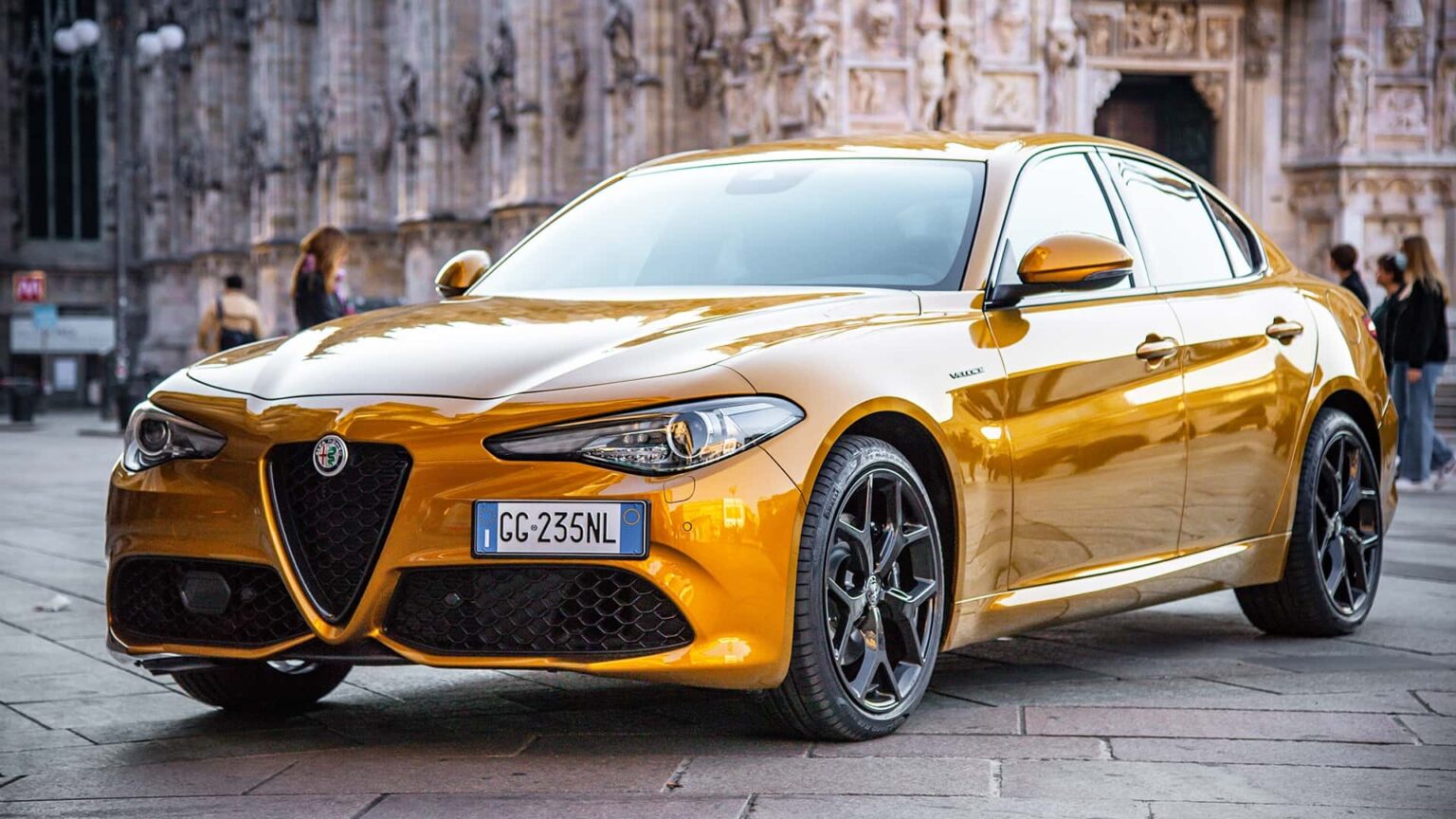Earlier this year, the European Parliament voted to give car companies more time to comply with new emissions regulations that took effect in 2025. Instead of meeting the newly imposed 93.6 g/km fleet target this year, automakers will now have to achieve that figure as an average over three years: 2025–2027. Despite this two-year extension, Stellantis is still unhappy.
The company’s European boss, Jean-Philippe Imparato, claims the automotive conglomerate risks paying up to €2.5 billion (nearly $3 billion) in fines for exceeding emissions limits. Unless the legislation changes soon, Stellantis could be forced to pay the penalty within the next “two-three years.” If the math doesn’t work out in its favor during the 2025–2027 interval, the company will face a hefty fine.
Photo by: Alfa Romeo
Assuming the legislation remains unchanged, Automotive News Europe quotes Imparato saying he’ll have no choice but to “make tough decisions” to avoid emissions penalties: “Either I push like hell (on electric)… or I close down ICE (internal combustion engine vehicles). And therefore I close down factories.”
Regulations will become even stricter from 2030, when the fleet emissions target will drop further, from the current 93.6 g/km to 49.5 g/km. Just five years later, automakers operating in Europe will be required to reach 0 g/km, effectively banning the sale of new combustion-engine cars. Vehicles powered by ICEs running on synthetic fuels will be permitted, but we remain skeptical that e-fuels will become viable within a decade.
Imparato isn’t the first executive to signal that harsh regulations could severely impact automakers’ finances. Ex-Renault CEO Luca de Meo warned last year that the European auto industry could face fines of up to €15 billion ($17.6 billion). Before the extension was granted, Volkswagen Group’s Head of Treasury & Investor Relations, Rolf Woller, estimated the Group would face a €1.5 billion ($1.7 billion) fine for failing to meet the 2025 targets.
Car companies are stuck between a rock and a hard place. If forced to limit production of combustion-engine vehicles artificially, they’ll lose sales. But offering bigger incentives on EVs to boost zero-emission sales and lower the fleet CO₂ average will cut into already fragile margins. Automakers are currently struggling to turn a profit on electric cars, so deeper discounts could mean selling at a loss.
It all comes down to a numbers game. Add to the equation the growing presence of cheap Chinese EVs in Europe, and legacy automakers are facing serious headwinds on the continent.
Read the full article here



